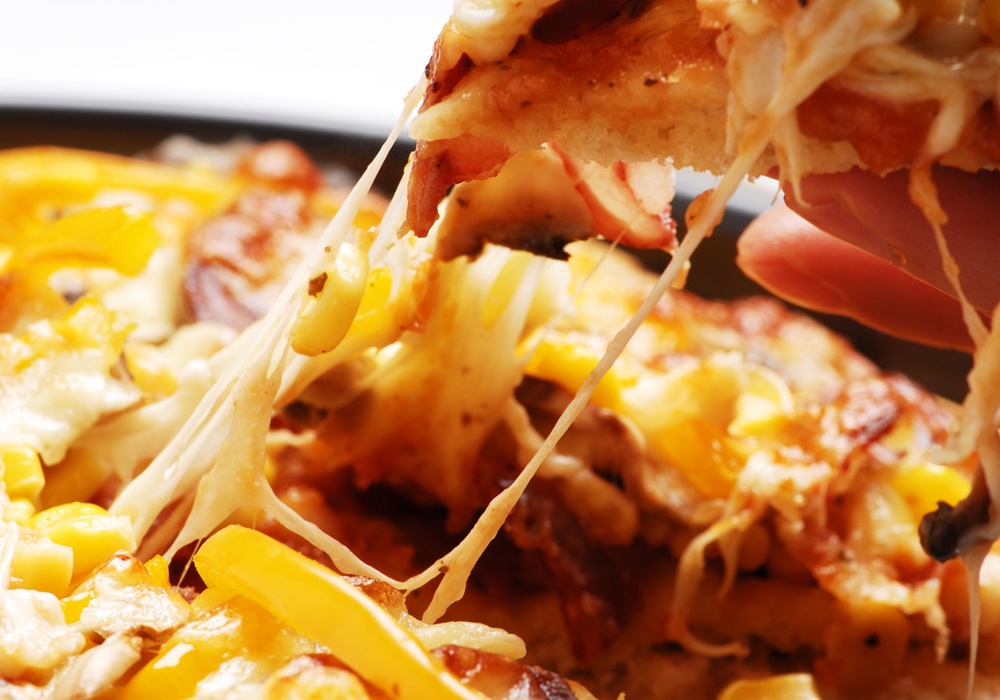Here’s another reason to teach your kids to eat well: Learning to enjoy fruits, vegetables and whole grains early in life may have big health pay-offs down the road, especially for girls.
Girls who eat more high-fiber foods — fruits, vegetables, “brown breads” — as teens or young adults may significantly lower their chance of developing breast cancer, according to a new study conducted at Harvard T. H. Chan School of Public Health.
Researchers analyzed the responses on food questionnaires of over 90,000 women in the Nurses’ Health Study II for fiber intake. The women first completed dietary questionnaires in 1991 when they were from 27 to 44 years old and continued to do so every four years. The researchers adjusted for other risk factors for breast cancer, and focused on fiber intake.A high fiber intake during the teen years lowered breast cancer risk by 16 percent, and reduced the risk of premenopausal breast cancer by 24 percent. The greatest benefit came from fruit and vegetable fiber.
Increasing fiber-rich foods in the diet may reduce the risk of breast cancer by lowering high estrogen levels, something that is strongly associated with the development of breast cancer, the researchers speculate.
Earlier studies on fiber intake and breast cancer found little effect, but they looked at older women, not girls' diets during adolescence or early adulthood, a period when breast cancer risk factors appear to be particularly important. “This work on the role of nutrition in early life and breast cancer incidence suggests one of the very few potentially modifiable risk factors for premenopausal breast cancer,” said Maryam Farvid, lead author of the study, in a statement.
Here's how you can start your child — boys too — down the path of healthy eating:
“From many other studies we know that breast tissue is particularly influenced by carcinogens and anticarcinogens during childhood and adolescence,” said Walter Willett, senior author of the study. “We now have evidence that what we feed our children during this period of life is also an important factor in future cancer risk.”
The study is published in Pediatrics.





